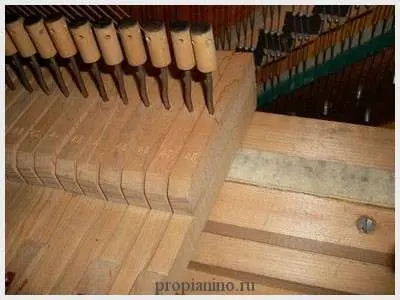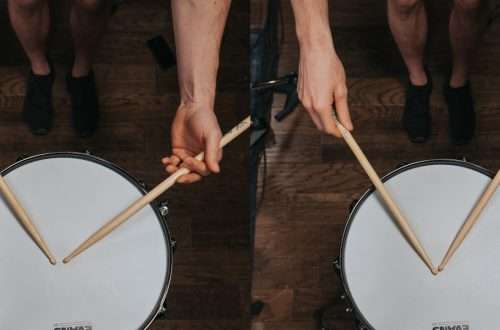
Piano cleaning
The need to clean the piano from debris and dust is obvious, since dust is the main causative agent of allergies, and a long-uncleaned instrument is likely to become a kind of shelter for various living beings. Quite often, peeking into a piano or grand piano, instrument owners can find large layers of dust, moths and moth pupae, moth-eaten gaskets, mouse nests with their owners, or even typical domestic rodents that have escaped from neighbors.
All this, of course, can negatively affect the operation of the musical instrument itself and the purity of its sound. Needless to say, the maintenance of a large instrument in such an inappropriate condition cannot be acceptable in a room where people, especially children, live and stay for a long time. To avoid all this, you need to regularly and thoroughly clean the piano from all sorts of dirt and dust. True, it is worth noting that for many owners of a musical instrument this is quite problematic, mainly due to elementary ignorance of how to do it.

So, in order to fully clean a musical instrument – a piano or grand piano – from dust, you need to carefully and carefully dismantle the facing parts, and then open the keyboard. Such actions must be carried out with particular care so as not to damage important parts of the piano in any way. Next, you should clean the parts of the mechanism themselves when using a vacuum cleaner.
Please note that special care should be taken in the area of the hammer mechanism: even a slight damage to it may adversely affect the sound quality of a musical instrument in the future.
As soon as the dust is collected with a vacuum cleaner, it is very important to carefully inspect the mechanism – its parts, connections, assemblies. Quite often, they can detect the presence of the remains of the vital activity of various small insects and other living creatures, for example, moths. If any are found, they must be carefully removed without residue using special brushes.
After that, you should carefully examine the musical instrument – if there is still dust left in it that cannot be reached with a vacuum cleaner, you need to be patient and just blow it out. To this end, you can rearrange the vacuum cleaner to blow out and carefully, thoroughly blow out the piano. It is worth being prepared for the fact that many years of dust can fill the room and settle on nearby pieces of furniture, but this, alas, cannot be avoided. But before the procedure, you can prudently cover everything that can become dusty with plastic wrap or at least a suitable cloth.
When the musical instrument is thoroughly, qualitatively cleaned of dirt and dust, you should also think about its reliable protection from moths, since it is precisely this that can cause significant harm to the sound quality of the piano. Felt, textile and felt elements of the instrument can be significantly affected by the reproduction of such insects in it.
Tea tree oil is an effective remedy for moths. It must be poured into very small containers, approximately 5 grams each, and placed inside a musical instrument. After this procedure, you can be sure that in the next six months or a year the piano or grand piano will not be affected by moths.
After such cleaning, the sound of the piano itself will be much cleaner and even a little louder. Maintaining the cleanliness of a musical instrument at the proper level is simply necessary. In addition, it is desirable to prevent the ingress of various foreign objects, in particular, food crumbs. As for the above-described cleaning, it must be done regularly, preferably at least once a year.
As for cleaning the piano, it will be more pleasant to do it to the music familiar to us from childhood! This is a song from the movie “Guest from the Future”, played on the piano.





